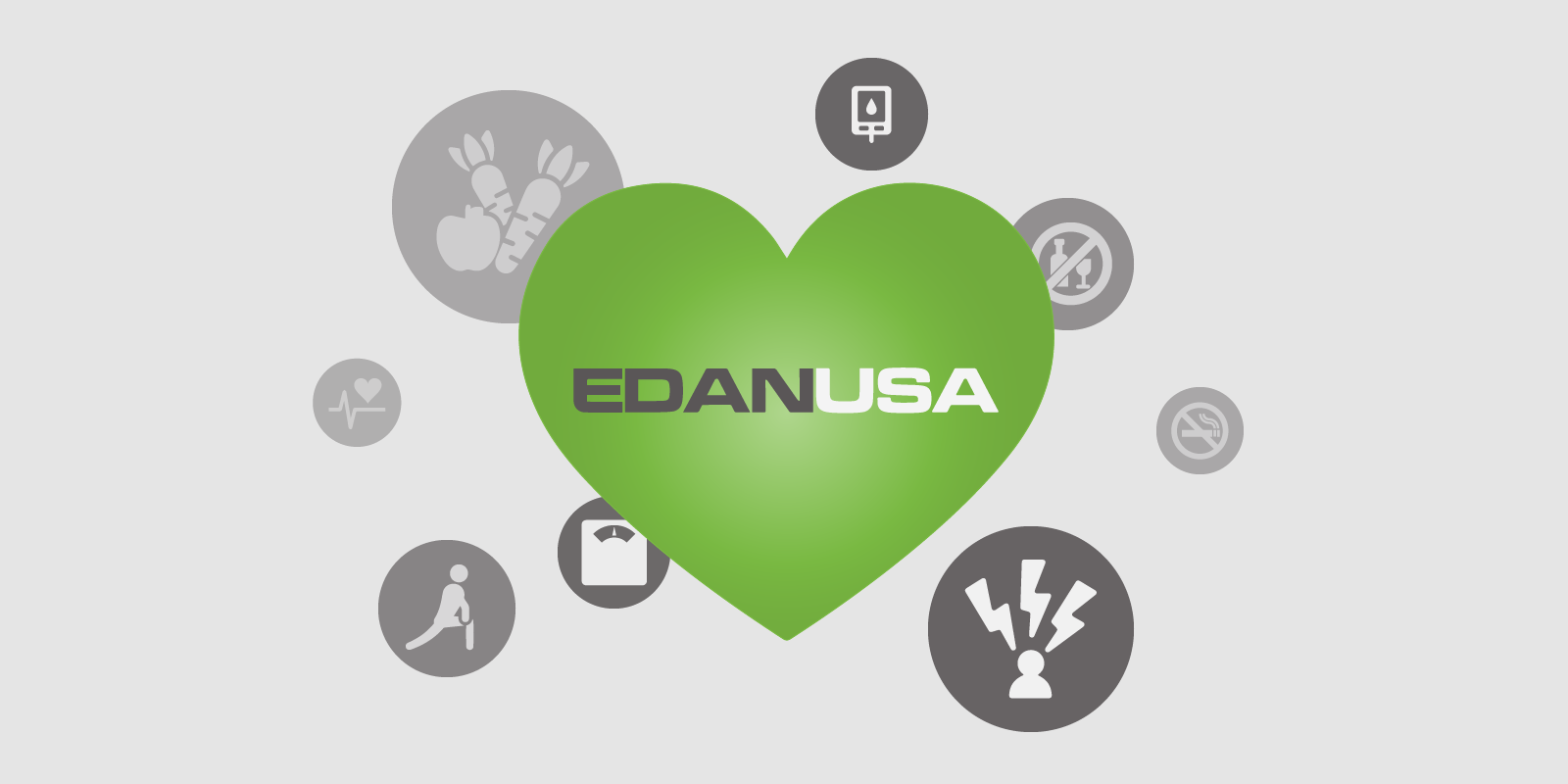What distinguishes a heart attack from heart failure? While both are forms of heart disease, a heart attack is characterized by a sudden block of blood flow from the body to the heart while heart failure is the gradual decrease of blood pumping from the heart to the body.
What Are the Causes?
Heart Attack
While the actual causes of a heart attack can vary, a heart attack is often caused when plaque buildup (often formed by fatty deposits and increased cholesterol levels) ruptures and forms a blood clot. If large enough, the blood clot can block the blood flow to the heart. Once the blood flow is blocked, the heart is starved of necessary oxygen and nutrients resulting in a heart attack.
However, a heart attack can also be caused by spasms of a coronary artery. This is more common for avid tobacco and drug users and usually occurs at rest. When the artery spasms, it constricts the blood flow to the attached part of the heart. This deprives the heart of necessary oxygen and nutrients and causes a heart attack.
Heart Failure
Heart failure is characterized as the gradual decrease of a heart’s ability to effectively pump blood through the body. This decrease in performance can be a result of either heart weakness or heart stiffness. If your heart has been damaged and weakened, the ventricles become dilated to the extent that they cannot pump blood efficiently. On the other hand, if the ventricles become too stiff they might not fill completely between heartbeats, reducing the amount of blood pumped effectively through the body.
Causes of Heart Failure:
- Coronary Artery Disease (heart attack)
- Hypertension (high blood pressure)
- Faulty heart valves
- Cardiomyopathy (damage to the heart muscle)
- Myocarditis (inflammation of the heart muscle)
- Congenital heart defects (heart defects you are born with)
- Heart arrhythmias (abnormal heart rhythms)
- Other chronic diseases (diabetes, HIV, hyperthyroidism, hypothyroidism, hemochromatosis, amyloidosis)
What Are the Symptoms?
Heart Attack
- Pressure, tightness, pain, squeezing, or aching that may spread from the chest to the arms, neck, jaw, or back
- Nausea
- Indigestion
- Heartburn
- Abdominal pain
- Shortness of breath
- Cold sweat
- Fatigue
- Lightheadedness
- Sudden dizziness
Heart Failure
- Shortness of breath during exertion or at rest
- Fatigue
- Weakness
- Swelling of the legs, ankles, and feet
- Rapid or irregular heartbeat
- Persistent cough or wheezing
- White or pink blood-tinged mucus
- Increased need to urinate at night
- Swelling of the abdomen
- Rapid weight gain
- Lack of appetite
- Nausea
- Difficulty concentrating
- Chest pain
What Are the Treatment/Prevention Options?
Heart Attack
Treatment:
- Surgery
- Medication
- Combination of both surgery and medication
Preventative:
- Medications
- Lifestyle changes
Heart Failure
Treatment:
- Medications
- Surgery
- Implanted medical devices (ICD, VAD, CRT)
- Heart transplant
Prevention:
- Not smoking
- Controlling/managing high blood pressure
- Controlling/managing diabetes
- Staying physically active
- Eating healthy foods
- Maintaining a healthy weight
- Reducing/managing stress
Increase Awareness
Share our infographic for “What Distinguishes a Heart Attack from Heart Failure?” on social media to help increase awareness!

Works Cited
“Coronary Artery Spasm: Cause for Concern?” Mayo Clinic, Mayo Foundation for Medical Education and Research, 9 Jan. 2019, www.mayoclinic.org/diseases-conditions/angina/expert-answers/coronary-artery-spasm/faq-20058316.
“Heart Attack.” Mayo Clinic, Mayo Foundation for Medical Education and Research, 16 June 2020, www.mayoclinic.org/diseases-conditions/heart-attack/symptoms-causes/syc-20373106.
“Heart Failure.” Mayo Clinic, Mayo Foundation for Medical Education and Research, 29 May 2020, www.mayoclinic.org/diseases-conditions/heart-failure/diagnosis-treatment/drc-20373148.
“Heart Failure.” Mayo Clinic, Mayo Foundation for Medical Education and Research, 29 May 2020, www.mayoclinic.org/diseases-conditions/heart-failure/symptoms-causes/syc-20373142.
“Treatment of a Heart Attack.” Www.heart.org, www.heart.org/en/health-topics/heart-attack/treatment-of-a-heart-attack.


